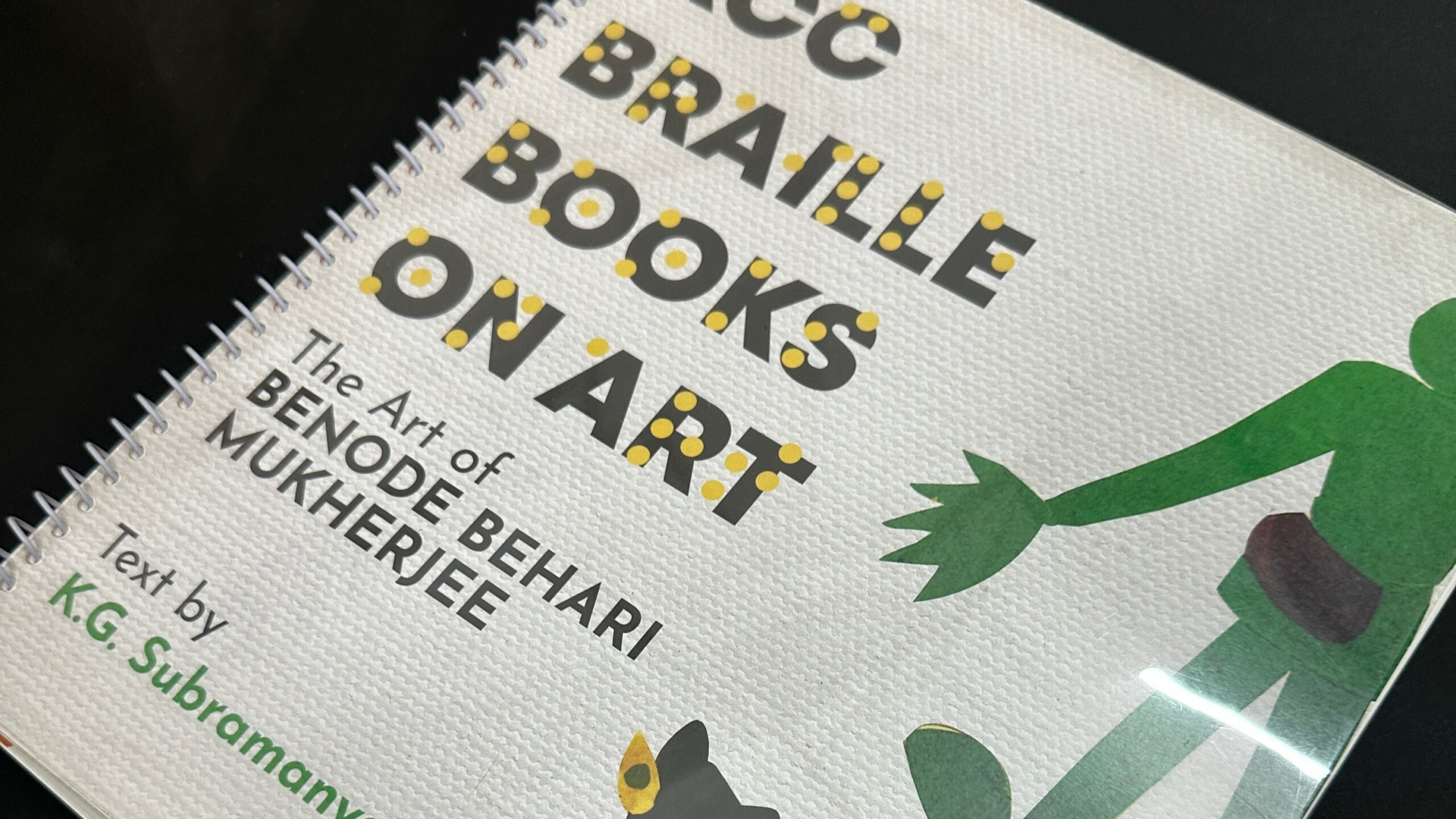
Agrasen Ki Baoli - or stepwell - both a source of water and a place to gather
Stepwells and shared spaces: Lessons from India
Watershed’s Clare Reddington is coming to the end of her term as a British Council trustee. While presenting at a conference in India, she took the opportunity to witness the council’s work.
In the middle of bustling Central Delhi is a stepwell (or Baoli), a set of square stone steps that descend towards a pool of water. Used in India from the 7th to the 19th centuries, stepwells were both a source of water and a place to gather as a shaded community hub.
The stepwell was Agrasen Ki Baoli – by no means the most impressive of Indian stepwells (take a look at Chand Baori for instance), but a place of wonder for me. As CEO of Watershed, a values-led culture centre in Bristol, I love places that facilitate togetherness.
I was invited to India by FICCI (the Indian Chamber of Commerce) and the British Council to present Watershed’s work in art and technology. As a trustee of the British Council, I wanted to make the most of the carbon outlay of my visit to see some more of our work there.
Visiting Delhi, Kolkata and Bengaluru, I met Indian artists, teachers and business professionals who had been supported by the British Council – whether through libraries or studying in the UK.
Creative hubs
The British Council offices in Delhi and Kolkata were buzzing with young people studying, chatting and hanging out. These spaces serve as creative hubs, with cafes, art exhibitions and libraries.
In the village of Neelasandra, near Bengaluru, I visited a small rural library run by Shilpa, an inspiring librarian, who has grown local membership from 28 to 4,681. The library, recently renovated at the request of the village children’s assembly, offers a safe space for young women to study and for older community members to meet.
It’s one of 10 libraries where the British Council has partnered with the Karnataka State government to create book corners, and one of 5,000 libraries that provide free digital access to the British Council Library.
In Kolkata, I attended a roundtable with leaders in higher education, and I was impressed by the diversity of the British Council connections from media studies to microbiology. I particularly loved hearing about a collaboration of UK and Indian universities creating legal solutions to protect the people and animals of a trans-national habitat of mangroves called The Sunderbans.
Proud commitment to inclusion
The UK could learn much from the investment in inclusive practice from the cultural and hospitality venues I witnessed in India. The India Art Fair had sign language interpretation as standard in its panels.
Kolkata Centre for Creativity has a braille room where visitors can touch art works and learn more about the exhibitions. The Lalit Hotel Group proudly declares its commitment to inclusion at every corner – demonstrated by the queer, trans and disabled workers I met.
Continues…

At the Bengal Global Business Summit, I presented a report – recently published by the British Council and Unbox Collective – on innovation and collaboration in the art and technology sectors in India. The Reimagining the Future report highlights the work of a new generation of artists using technology to amplify the work of Indian artists. The Indian art and technology scene is incredibly exciting – and the report serves as an inspiration to anyone in the UK exploring this work.
On my last day, I visited an amazing art space, Arthshila where I learned about a multidisciplinary craft-art exhibition and explored India’s profound connection with water. Alongside new craft pieces inspired by stepwells was a headphone piece which placed the audience at the heart of the bustle and thrum of a stepwell.
It was one of the simplest yet best immersive pieces I engaged with. As I left, I learnt that some of the 2,000 active stepwells in India are being brought back into use, as the climate emergency takes its toll on water levels.
Making the case for urgent funding
The British Council has been in the news recently making the case for urgent funding from the UK government – funding which enables us to strengthen the UK’s reputation worldwide. Like many cultural organisations, we’re making cuts, but as one of the largest charities in the UK, our transformation will be on a larger scale.
Many of us in the UK cultural sector have benefited from the British Council’s support, which connects the UK’s arts and culture sectors with peers and audiences internationally, driving greater favourability towards the UK.
I’m about to step down from the board having been a trustee for the maximum six years. In that time, I’ve met social entrepreneurs in Ethiopia, media activists in Tunisia and government leaders in Ukraine, each supported by the British Council.
For 90 years, the British Council has shaped connection and understanding through education, arts, culture, language and creativity. Reflecting on my recent trip as an outgoing trustee, I was proud to see the focus on community, innovation and social change happening throughout our work in this country. India has incredible cultural richness; we have as much to learn as we do to share.

Join the Discussion
You must be logged in to post a comment.